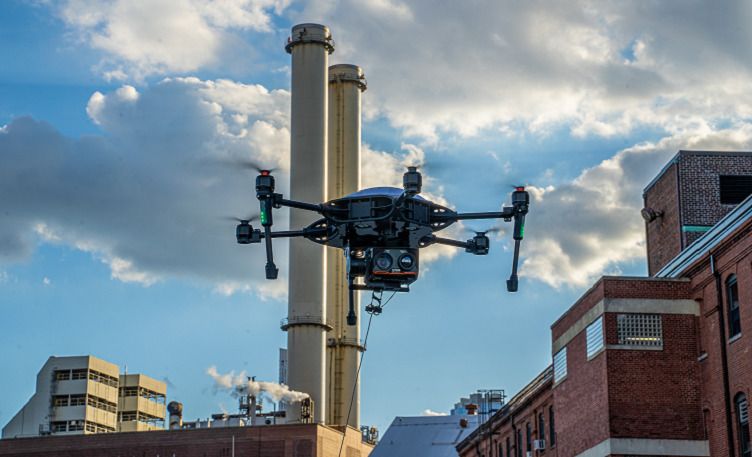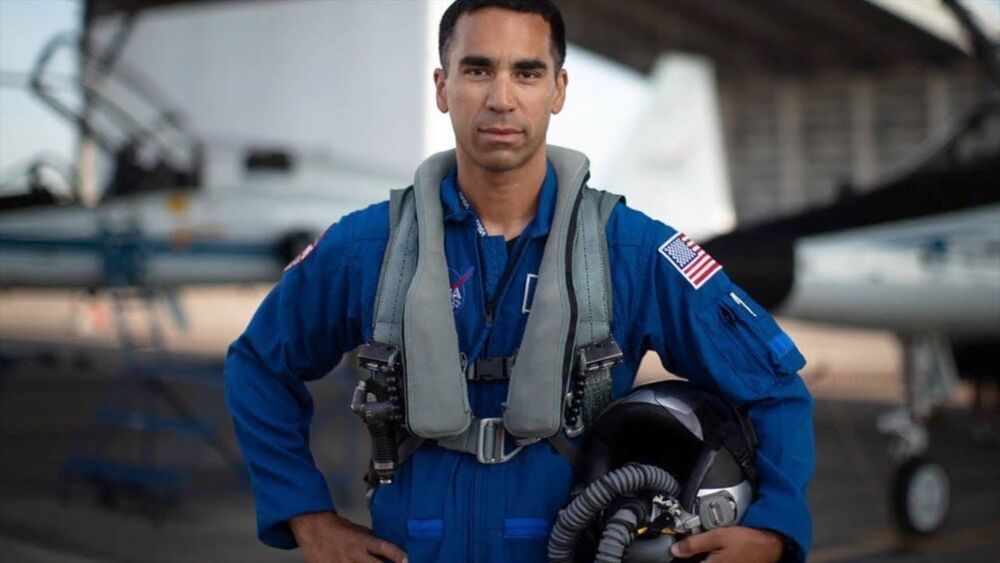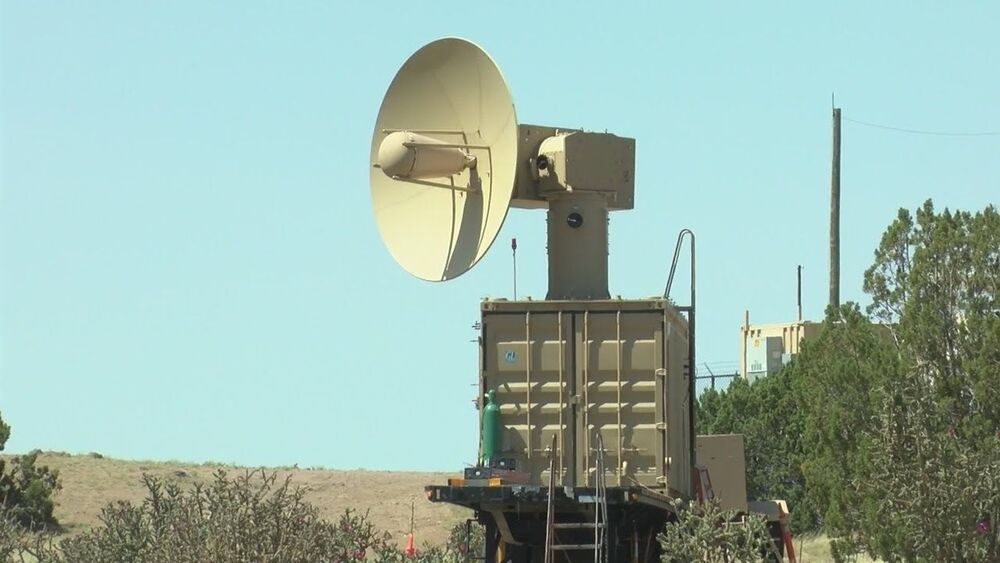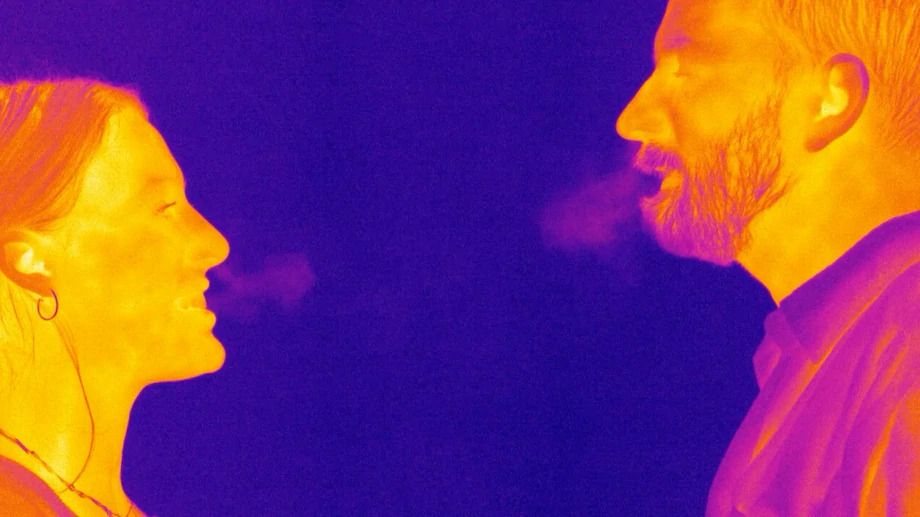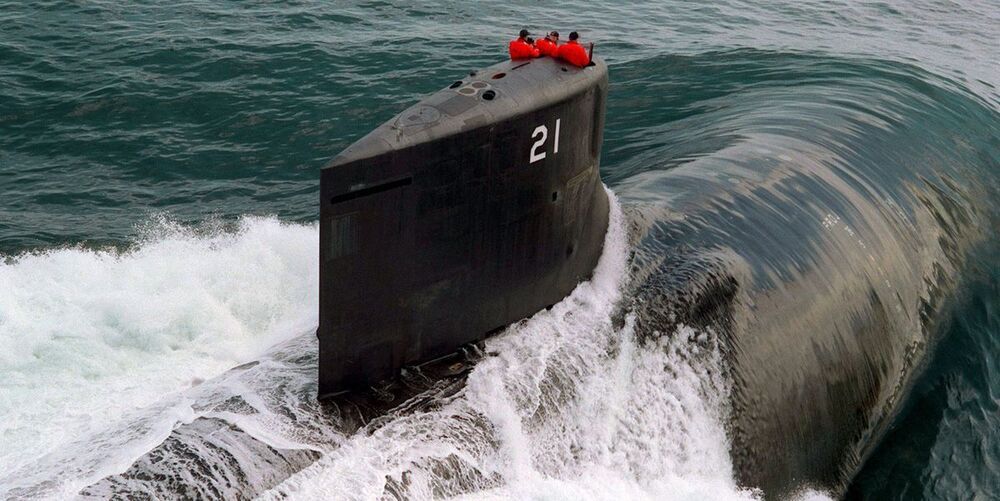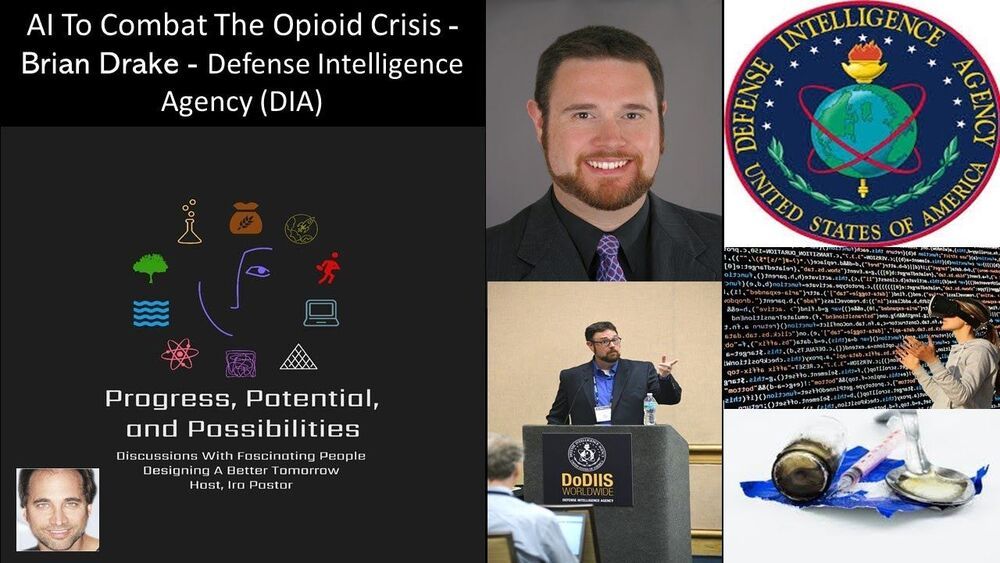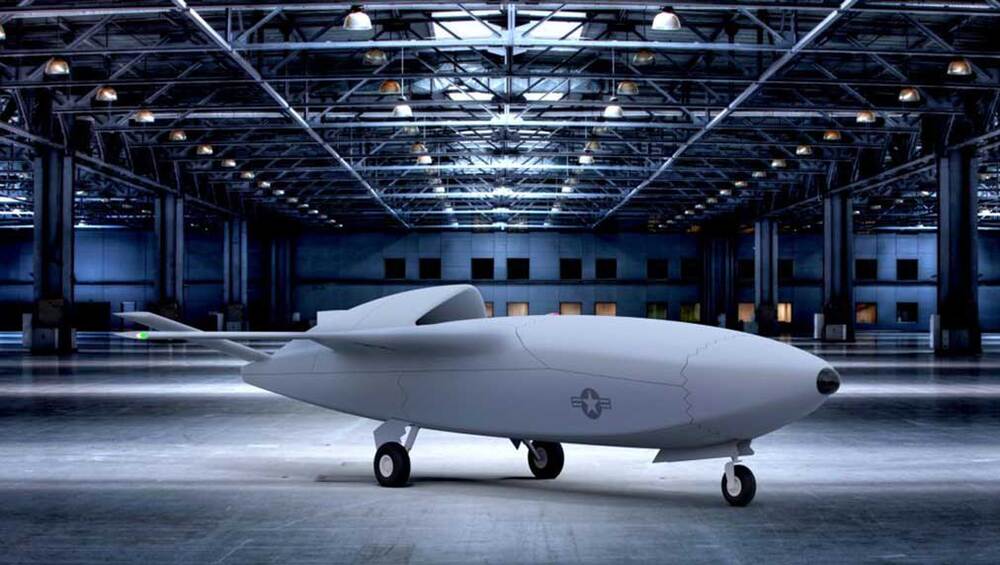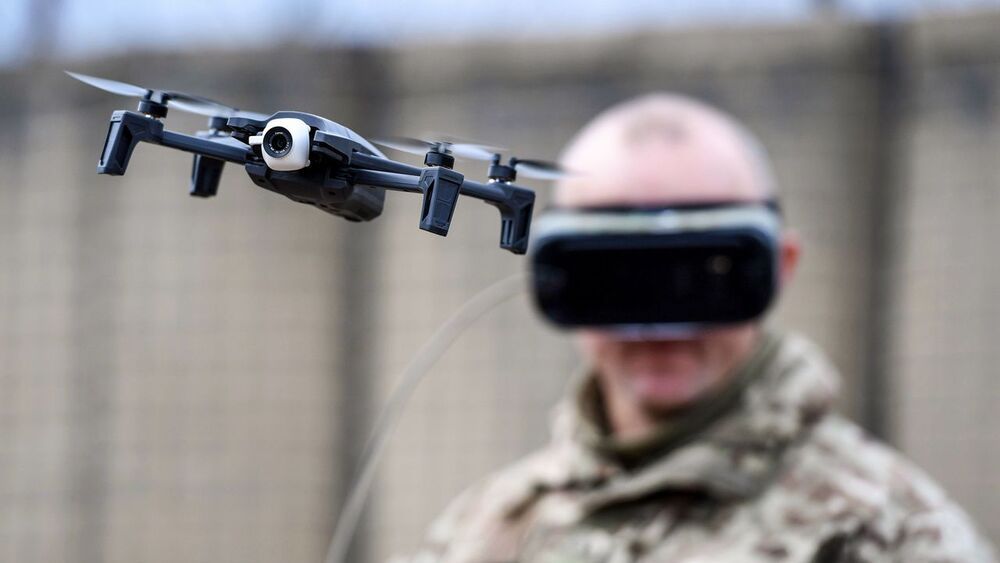Dec 12, 2020
Autonomous drone carries an 8 lb payload and unlimited flight time
Posted by Quinn Sena in categories: drones, military, robotics/AI, surveillance
Easy Aerial claims its Albatross UAS is a tethered machine that has an unbreachable data connection.
Drone startup Easy Aerial has launched a new unmanned aerial system (UAS), called Albatross, a tethered device with unlimited flight time and an unbreachable data connection.
The drone hexacopter can carry an 8.5 lb payload capacity with three hardpoints, two on the side that can carry up to 4 lb and the bottom hardpoint that can carry payloads of up to 8 lb. The side payload stations feature standard mounting as well as Picatinny rails that support a wide range of applications such as floodlights, communications relays, loudspeakers and cyber-related and other commercial and military electronic systems. The bottom hardpoint is designed for gimbaled cameras or large ISR loads such as radar or communication jammers.
Continue reading “Autonomous drone carries an 8 lb payload and unlimited flight time” »
